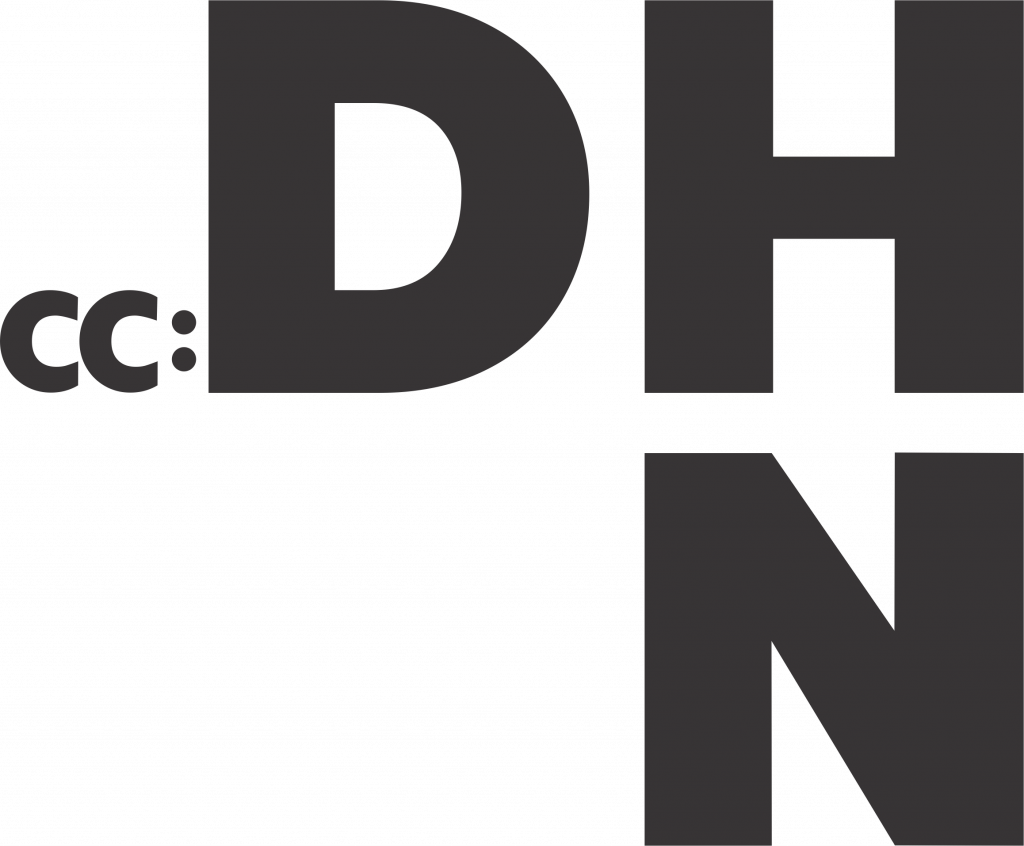
Race and Social Justice: DH Methods and Applications
Led by: Dorothy Kim and Jordan Clapper Over the past five years we have seen a proliferation of academic job advertisements, publications, and discussions demonstrating ways in which race and social justice can be engaged in digital humanities scholarship. Interest by students and local communities in technological advancements through Web 2.0, social media, and mobile […]
